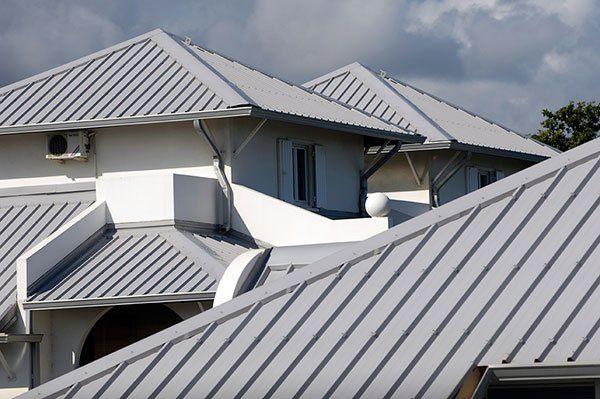When it comes to roofing materials, standing seam metal roofs have gained popularity for their durability, energy efficiency, and sleek appearance. However, one crucial consideration for any roofing material, including standing seam metal roofs, is its ability to withstand high winds and adverse weather conditions. In this article, we will delve into the topic of standing seam metal roof wind rating, exploring what they mean, how they are determined, and why they are essential for the longevity and resilience of your roofing system.

Understanding Wind Ratings for Standing Seam Metal Roofs
Defining Wind Resistance
Wind ratings for standing seam metal roofs are a measure of their ability to withstand the force of wind without sustaining damage or becoming dislodged. These ratings are critical for several reasons:
1. Protecting Your Investment
Roofing is a significant investment in your home. Ensuring that your roof has an adequate wind rating helps protect this investment by reducing the risk of wind-related damage.
2. Ensuring Safety
A roof that can withstand high winds is safer for both occupants and neighboring properties. It reduces the risk of roof damage that could lead to leaks, collapses, or flying debris during severe weather events.
3. Compliance with Building Codes
Many building codes and regulations specify minimum wind ratings for roofing materials. Compliance with these codes is essential to pass inspections and maintain the structural integrity of your home.
4. Insurance Requirements
Insurance companies often consider the wind rating of your roofing material when determining your policy premiums. A roof with a high wind rating may result in lower insurance costs.
Determining Wind Ratings
Factors and Testing Methods
Several factors influence the wind rating of a standing seam metal roof, and manufacturers determine these ratings through rigorous testing. Here are some key considerations:
1. Wind Speed
The most crucial factor in wind ratings is the maximum wind speed the roof can withstand without damage. This speed is typically measured in miles per hour (mph) or meters per second (m/s).
2. Roof Slope
The slope or pitch of the roof plays a role in its wind resistance. Steeper roofs often have higher wind ratings due to reduced wind load and less likelihood of wind uplift.
3. Attachment Method
How the metal panels are attached to the roof structure is a critical factor. Standing seam metal roofs are known for their secure attachment methods, which contribute to their wind resistance.
4. Panel Design
The design of the metal panels, including their height, seam profile, and gauge, can affect wind resistance. Taller seams and thicker gauge materials often result in higher wind ratings.
5. Testing Standards
Manufacturers conduct wind resistance testing in controlled environments, following industry standards and protocols such as those set by ASTM International or the International Code Council (ICC).
Why Wind Ratings Matter
The Importance of Resilience
The wind rating of your standing seam metal roof matters for several reasons:
1. Weathering Storms
Areas prone to hurricanes, tornadoes, or frequent severe weather events require roofing materials with high wind ratings to withstand the forces of these storms.
2. Longevity
A roof with a higher wind rating is likely to have a longer lifespan, as it can endure years of exposure to varying wind speeds without deteriorating.
3. Energy Efficiency
A secure, well-installed roof with a high wind rating can contribute to better energy efficiency by preventing air leaks and maintaining insulation effectiveness.
4. Peace of Mind
Knowing that your roof can handle high winds provides peace of mind during storms and severe weather, reducing the stress associated with potential roof damage.
Conclusion
Understanding standing seam metal roof wind ratings is essential for homeowners considering this durable and stylish roofing option. These ratings provide critical information about a roof’s ability to withstand the forces of wind, protect your home, and comply with building codes and insurance requirements. When choosing a standing seam metal roof, it’s crucial to consider the specific wind conditions in your area and select a roofing system with an appropriate wind rating. By doing so, you can ensure the long-term resilience and safety of your home in the face of adverse weather events.



Leave a Reply